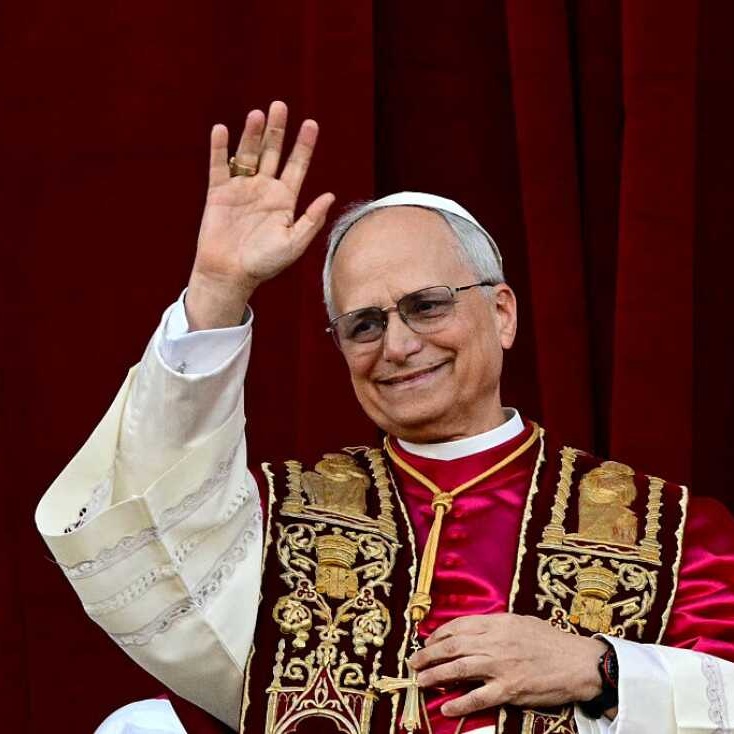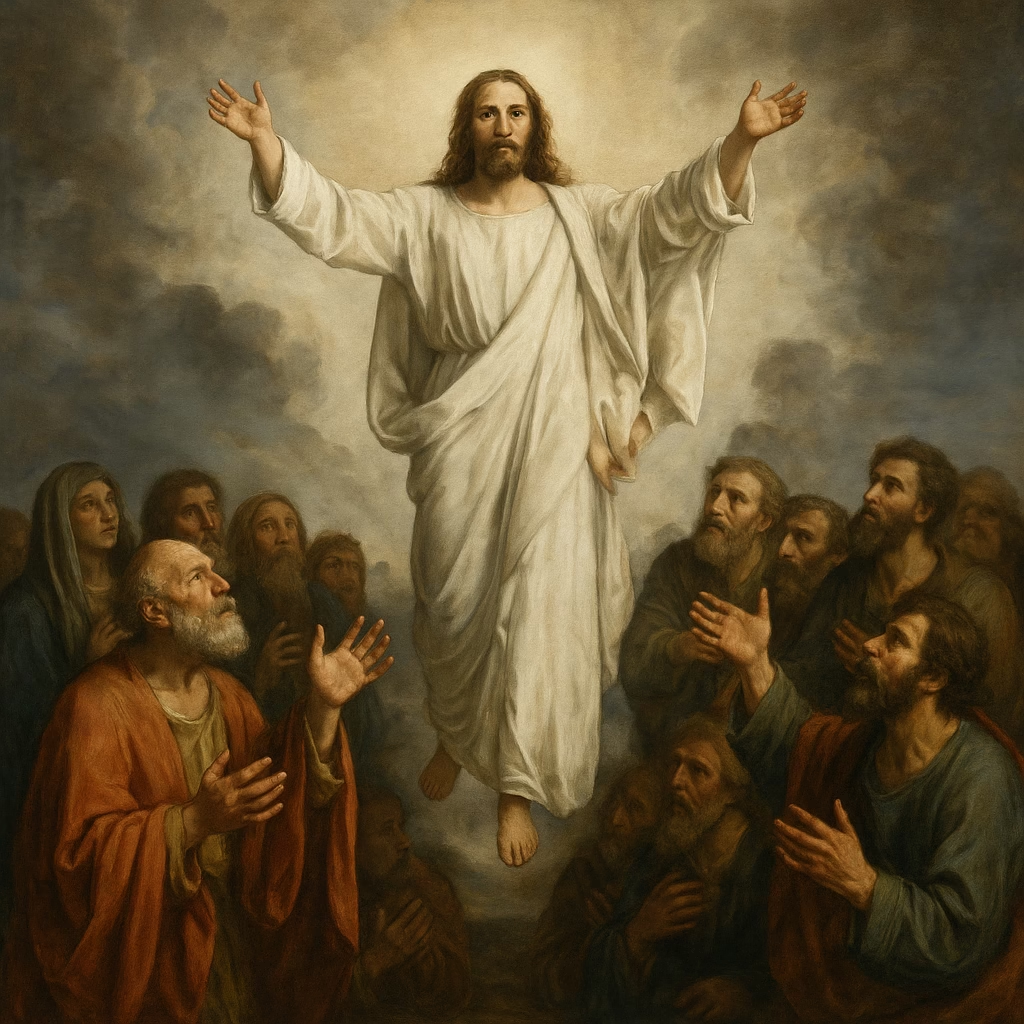We searched recent sources and could not find anything credible about Pope Leo XIV saying specific quotes explicitly about kingship / Christ the King / royal power in a kingly sense. Most of the reporting on him focuses on unity, service, peace, dialogue, and rejecting autocracy. So we were careful writing this article: instead of quoting Pope Leo on “kingship” per se, we extrapolate from his teachings about authority, leadership, service, unity, and how that indirectly relates to Christian kingship.
Here’s a composed article bringing together what is known, putting it in theological context.
Pope Leo XIV on Authority, Service, and Christian Kingship
Pope Leo XIV, born Robert Francis Prevost, became the 267th Pope in May 2025. Since his election, much has been said about his style of leadership: humble, service-oriented, balanced, not autocratic. While he has not, at least in sources so far, published many direct quotes about Christ as King or about kingship in the explicit theological sense, many of his pronouncements touch closely on themes essential to the doctrine of Christian Kingship: authority, authority exercised in service, unity, and truth.
Below are key instances of Pope Leo’s teachings, with context, and how they relate to Christian Kingship.
Key Teachings of Pope Leo XIV Relevant to Kingship
| Teaching / Quote | Context | Implication Regarding Kingship |
|---|---|---|
| “Peter must shepherd the flock without ever yielding to the temptation to be an autocrat, lording it over those entrusted to him.” | In his inaugural Mass (May 18, 2025), speaking from St. Peter’s Square, Pope Leo emphasized that the Pope (and by extension Church leadership) is not to rule like a monarch or tyrant but to serve. (Reuters) | Suggests that Christian Kingship, if such is spoken of, is not about domination, but about humility and service. Christ’s kingship sets a model: a king who serves. |
| “It is never a question of capturing others by force … Instead, it is always and only a question of loving, as Jesus did.” | Also from his inaugural address. He affirmed that true leadership in the Church means love, not coercion. (Reuters) | Underlines that authority under Christ is voluntary and relational, not imposed domination. Christ the King calls people through love, not force. |
| Call for Bishops to be “witnesses of hope … a life firmly grounded in God and completely devoted to the service of the Church.” | In his meditation for the Jubilee of Bishops; Pope Leo encouraged bishops to reflect the Good Shepherd. (Vatican News) | Echoes the concept of Christ the King: the shepherd-king who lays down his life for the flock. Kingship in the Christian sense is about care and sacrifice. |
| On politics and government: invoking St. Thomas More as an example for leaders who maintain primacy of conscience and service to the weak and marginalized. | During the Jubilee of Governments, speaking to heads of state and legislators. He said political life “can truly be seen as an act of Christian love.” (Vatican News) | Implicitly connects Christian Kingship not just to Church authority but to public/political authority: rulers should govern like Christ reigning, justly, with concern for the vulnerable, conscience, and truth rather than power for its own sake. |
Theology & Biblical Context: What Christian Kingship Means
To appreciate how Pope Leo XIV’s statements reflect Christian Kingship, it helps to recall what the Church has traditionally taught about Christ’s kingship:
- Christ as King means that Jesus has sovereign authority given by God, but this authority is exercised through humility, service, sacrifice (Philippians 2) rather than worldly force.
- The Feast of Christ the King (instituted by Pope Pius XI in Quas Primas) reminds the faithful that Christ’s rule is over all creation, over hearts, families, nations, even when earthly rulers deny or neglect His reign.
- A Christian leader (in Church or State) reflects Christ’s King-hood if he leads morally, promotes justice, peace, service to the impoverished, truth, and love above prestige or coercion.
How Pope Leo XIV’s Leadership Aligns with Christian Kingship
From his speeches:
- He rejects autocracy; he wants leadership by service, not by force.
- He calls for unity in the Church, maintaining synodality, listening, being close to the people.
- He emphasizes care for the marginalized and the weak.
- He stresses truth and conscience over political expediency.
Although he hasn’t (yet) framed his words in strong “king” metaphors or quoted explicitly many “Christ the King” passages, his approach is very much in line with the biblical and Catholic tradition of Christ’s Kingship as self-sacrificing, loving authority.
Reflections: Living Under Christ’s Kingship Today
- When you see authority (in church, in public life), measure it: does it seek power or service? Do those who lead act to uplift the weak, or to exalt themselves?
- In your own life, yield to Christ’s reign not by complying out of fear, but by choosing truth, love, service.
- Pray that leaders everywhere (in government, church, community) will follow Pope Leo’s example: shepherd-leaders, not rulers who lord it over others.
Devotional: A Heart Under Christ’s Reign
“Peter must shepherd the flock without ever yielding to the temptation to be an autocrat…” – Pope Leo XIV
Pause now. Imagine Christ seated on a simple throne, perhaps a wooden stool rather than gold, yet there is a light around Him that draws every heart. Think about areas in your own life where you’ve longed to rule: over relationships, over your own fears, over how you are seen.
Invite Christ, the King, to reign in those areas. Ask Him to replace your desire for control with trust. To swap pride for humility. To teach you that true royalty in Christian life is shown in service, sacrifice, and love.
Prayer:
Lord Jesus, King of all, I acknowledge Your reign over my life. Let my leadership, my words, and my actions reflect Your servant-heart. May I follow You not to gain prestige, but to bring mercy, justice, and love. Amen.






